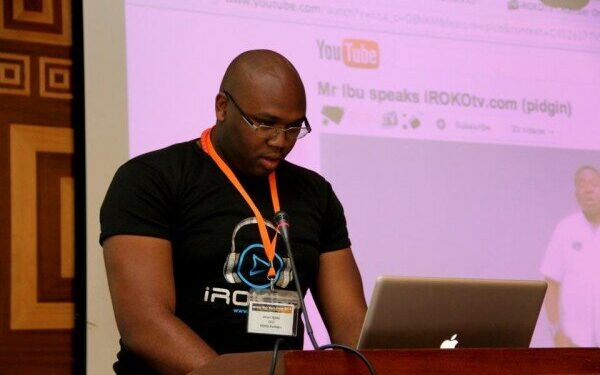Entrepreneur and investor Jason Njoku has announced new details about Fluidity Riyadh, a two-day micro-summit aimed at fostering tangible business collaborations between the Gulf Cooperation Council (GCC) and Africa. The event will limit attendance to 100–120 carefully selected participants, ensuring that interactions are focused on high-quality networking and actionable outcomes.
A Different Kind of Summit
Fluidity Riyadh is structured to generate real business results rather than serve as a conventional large-scale expo. Its agenda centers on exploring market expansion in Saudi Arabia, the UAE, and across the GCC, connecting entrepreneurs with investors and financing partners, and sourcing high-value partnerships with established regional players.
Speakers for the summit are being announced in the lead-up to the event, with many confirmed participants recognized as leaders in their respective industries.
Strategic Importance for the Middle East
The Middle East, particularly Saudi Arabia under its Vision 2030 framework, is experiencing rapid diversification and investment growth. Fluidity Riyadh aims to position the GCC as a gateway for African businesses seeking to enter the region, while also providing GCC companies with direct access to emerging African markets.
The event’s curated nature offers participants the chance to establish joint ventures aligned with national development plans, set up efficient trade and investment channels, and strengthen economic ties between the two regions without the logistical complexity of large conferences.
Potential Impact Beyond the Event
If successful, Fluidity Riyadh could become a model for micro-summits as strategic tools in the Middle East’s business culture. By prioritizing outcomes over appearances, it could inspire a shift away from oversized exhibitions toward targeted gatherings where every meeting has a defined purpose.
Such a model could lead to greater African corporate presence in GCC markets, increased diversification of Gulf investment portfolios, and more robust technology and knowledge transfer between Africa and the Middle East.
A New Era of GCC–Africa Relations
Fluidity Riyadh reflects a growing trend in global trade where emerging economies increase direct engagement with each other rather than relying solely on established Western markets. For the GCC, this means access to new trade routes, investment opportunities, and strategic influence across Africa. For African businesses, the Gulf offers capital, infrastructure, and a pathway to global expansion.
With its focused format, curated audience, and goal-driven structure, Fluidity Riyadh has the potential to become a cornerstone event in shaping the next chapter of GCC–Africa economic relations.














